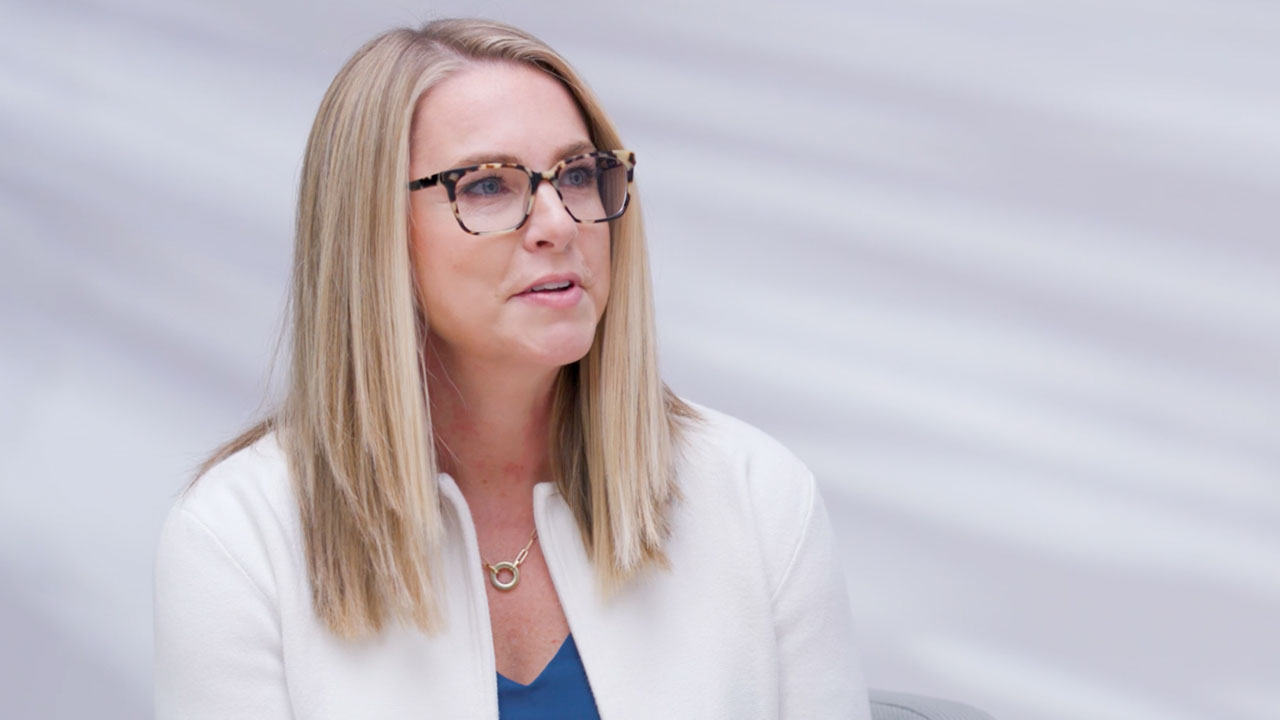原则简述
For most of human history, people have been valued or devalued based on their ethnicity, gender, religion, nationality, politics and social or economic status. Judging people on as little as one characteristic has led to unequal rights. When this devolves into viewing a group as less-than-human, it often results in slavery, genocide and other atrocities. Totalitarian regimes, such as the Nazis in Germany and Communists in the Soviet Union, typically began by demonizing and vilifying those who were different or believed to be a threat. Unfortunately, there are still many examples where such people are being fired, silenced, belittled or otherwise attacked and treated as enemies.
Wherever a paradigm of respecting each person as an individual is embraced, there are much greater levels of freedom, peace, civility, trust and human progress. Treating everyone with dignity and respect not only leads to better outcomes, it is the right thing to do. It is disrespectful to believe you can know everything about a person and to judge an individual — positively or negatively — based on group identity or other characteristics. It is natural and appropriate for people to be proud of their heritage and other personal attributes, but there is no excuse for an “I’m better than you” attitude.
We naturally want to associate with people who are like us in some way; however, we all need to make a deliberate effort to build relationships with people outside our normal circles or comfort zones. This expands our knowledge and perspective, enriches our experience and enhances our ability to learn and contribute.
People are more likely to share their opinions and ideas and engage in effective challenge when a culture of respect and trust is promoted. We leverage the power of diversity by seeking and embracing different perspectives, experiences, aptitudes, knowledge and skills to innovate and capture opportunities. With more than 100,000 employees and a presence in dozens of countries around the world, we rely on diversity – and respect for differences – to better understand and relate to customers and all other constituencies.
Respect is more than treating others kindly. It includes being honest. We must be truthful and sincere, especially when dealing with challenging situations or having difficult conversations. We show respect by believing others can handle the truth and providing feedback that will help them deal with reality and improve. Avoiding or sugarcoating a tough message is a disservice to the person and the company. It lacks integrity and usually leads to a bad outcome.
All of us – especially supervisors – have the responsibility to create an inclusive environment where everyone can maximize their contributions and realize their potential. This requires recognizing each person as a unique collection of aptitudes, skills, interests and characteristics. When done well, this stimulates teamwork and the division of labor by comparative advantage, maximizing our long-term success.
更好地理解它
例子
我们的尊重价值观指导着从人际交往到工作分配的方方面面。这里有一些例子可以说明尊重可以带来的不同。
- 与他人合作
- 对错误做出反应
- 提供反馈
- 包括其他

